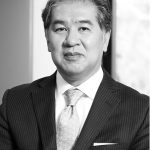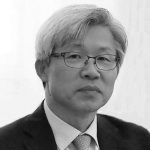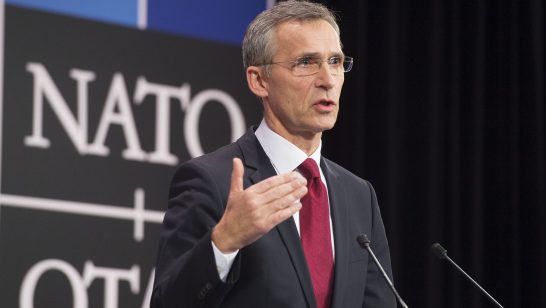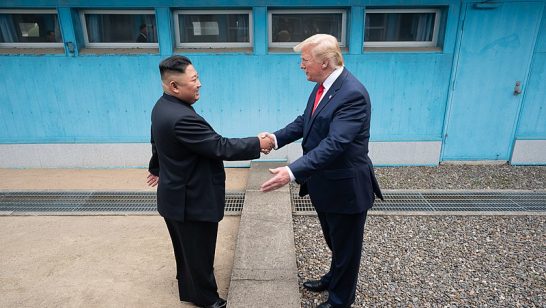
Together with the Asia-Pacific Leadership Network (APLN), the European Leadership Network (ELN) organised a series of workshops and conferences on the perception of strategic risks among three Asia-Pacific states during 2022-23. These reports provide the Australian, Japanese, and South Korean perspectives on strategic risks in the Asia-Pacific region, and the impact of risk perceptions on the nuclear non-proliferation regime.
The Australian perspective looks at:
- Australian strategic threat perceptions.
- Australian attitudes to nuclear weapons.
- The future of the non-proliferation regime in Australia.
A nuclear-armed Australia remains a highly unlikely scenario, but one which could take place if the viability of the US-Australia alliance was threatened. Michael Cohen
The Japanese perspective looks at:
- Japan’s security concerns, priorities, and perceptions of strategic risk.
- Major policy changes and continuities in Japan.
- Factors that could affect Japan’s approach to nuclear weapons.
As the only country to have ever experienced the horrors of nuclear war, Japan has a unique responsibility to uphold the global non-proliferation regime. Nobumasa Akiyama
The South Korean perspective looks at:
- South Korea’s perspectives on strategic risks.
- South Korea’s principal security concerns.
- Policy changes between the Moon and Yoon administrations.
- South Korean attitudes toward nuclear weapons and impact on the non-proliferation regime.
South Korea's potential development of nuclear weapons could signal the start of a nuclear domino effect in Asia, which would be the worst-case scenario and must be avoided at all costs. Lee Sang Hyun
Image credits: iStock
The opinions articulated above represent the views of the author and do not necessarily reflect the position of the European Leadership Network or all of its members. The ELN’s aim is to encourage debates that will help develop Europe’s capacity to address the pressing foreign, defence, and security policy challenges of our time.





